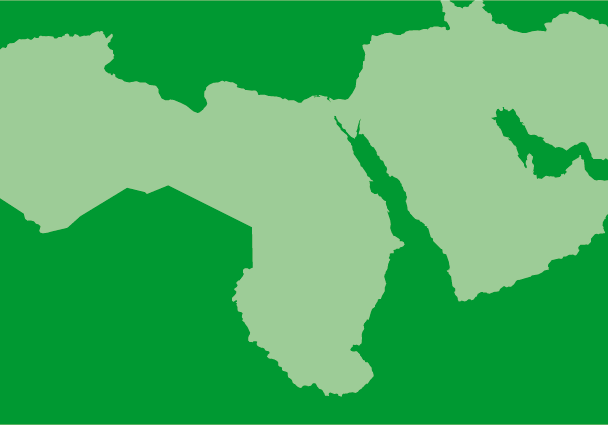
Jurists gravely concerned by the illegal use of force in the West Bank and Gaza
The ICJ is gravely concerned by the indiscriminate and excessive use of force against Palestinians within the Palestinian Autonomous Areas.

The ICJ is gravely concerned by the indiscriminate and excessive use of force against Palestinians within the Palestinian Autonomous Areas.
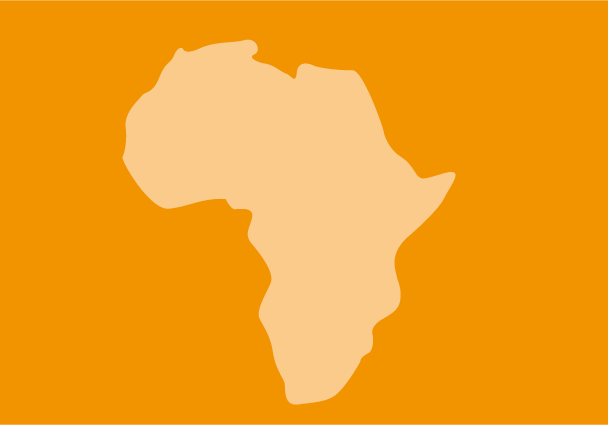
The ICJ regrets yesterday’s resolution of the UN Security Council concerning the tragic situation in Rwanda.
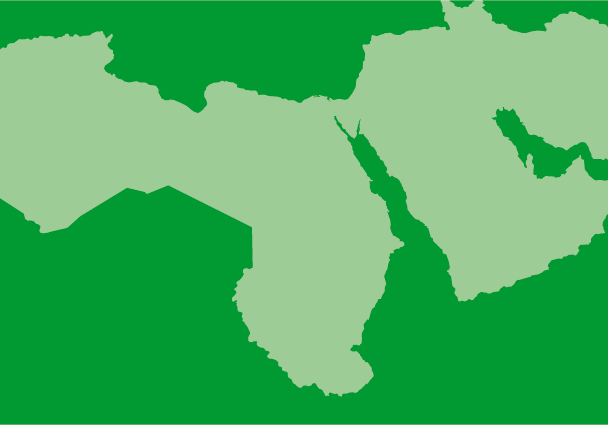
Today, the ICJreleased the findings of its mission to Israel and the Occupied Territories concerning the Hebron Massacre and aftermath.
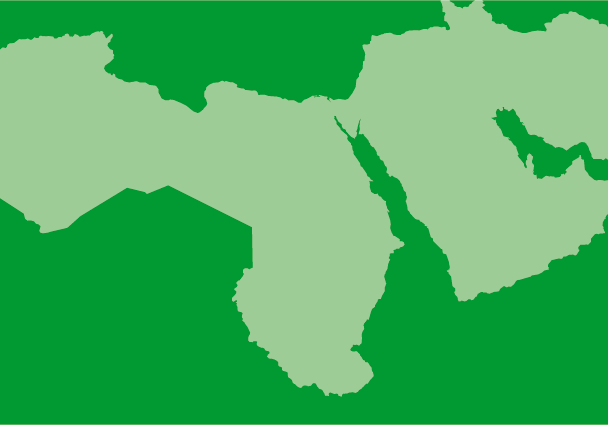
The ICJ deplores the outrageous massacre of at least 53 Palestinians in Hebron, in the Occupied Territories, early this morning.
Over 100 Palestinians were wounded, some of them seriously, and, therefore, the death toll is bound to increase.
The ICJ is alarmed over the potential consequences of the massacre and urges the Israeli military authorities to exercise maximum restraint in the coming hours. Already, at least 8 more Palestinians were killed by the army in separate incidents, following this tragic event.
The Palestinians were killed when an Israeli settler in military uniform opened fire on the worshippers inside the AI-Haram AI-Ibrahimi Mosque in Hebron in the early hours of the morning.
The ICJ has always maintained that the Israeli settlements in the Occupied Territories are not only illegal but, also, constitute a threat to peace and security in the region.
The ICJ reiterates its concern that the systematic arming of Israeli settlers in the Occupied Territories sets the stage for this act of inhumanity.
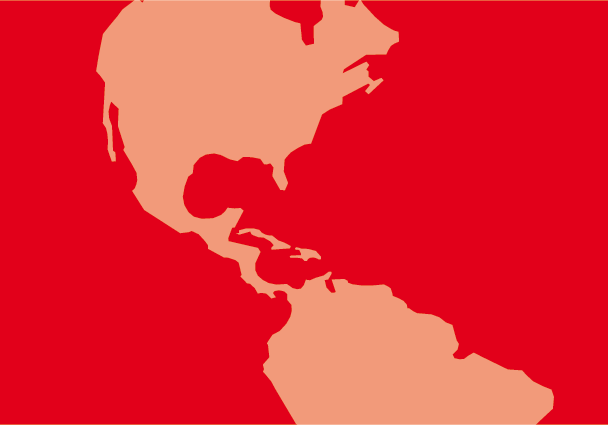
The ICJ is sending an eight-day fact-finding mission to Mexico today.
The aim of the mission is to investigate the situation prevailing in the southern Mexican State of Chiapas where an armed insurrection led by the “Zapatista National Liberation Army”‘ has met a strong military response.
The mission is comprised of Dr Alejandro Artucio (ICJ Legal Officer for Latin America) and Dr Eduardo Luis Duhalde (Argentina). They will meet officials of the Federal Mexican Government, members of the State authorities of Chiapas, representatives of the local indigenous peoples and of human rights organizations, political and religious leaders as well as all other parties concerned.